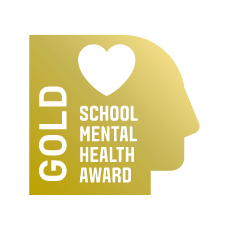What did OFSTED say?
Despite facing barriers to their learning, most pupils make expected or better progress from their starting points. The most able pupils, including those who are disadvantaged, achieve high grades in their GCSE courses before moving on to sixth-form college to complete A-level courses.
Most pupils have good attitudes to learning and conduct themselves well around each of the centres.
Across the centre a calm atmosphere prevails because staff expect pupils to focus on learning. Pupils respond positively to these expectations.
Parents’ value the work of the centre and its impact on their children’s learning and emotional well-being.
The curriculum across the centre is broad, balanced and enriching. Pupils benefit from lessons in a range of subjects, many of which lead to external accreditation.
The quality of teaching, learning and assessment is good.
Classrooms are warm, welcoming and contain displays of pupils’ work, which is clearly valued.
Teachers encourage pupils to develop confidence in their reading, writing and mathematical skills across different subjects
Good interventions are provided by support staff to encourage pupils to practise and improve their reading and comprehension skills. Consequently, they become more confident learning in other lessons.
Teachers demonstrate good subject knowledge when using explanations and follow-up questioning to engage pupils in their learning.
Teachers often challenge the most able pupils to achieve at higher levels.
Pupils surveyed said that they value the support they receive from staff as soon as they arrive at the school.
Pupils’ attitudes in lessons and their engagement in work are good because they appreciate the small classes and attention they receive. They said that they begin to attempt new work with greater confidence.
The behaviour of pupils is good.
Pupils’ behaviour in and out of class is good. They take responsibility for their actions and care for their surroundings.
Most pupils across the centre, including those who are disadvantaged, make expected or better than expected progress from their starting points in English and mathematics, particularly in English. The same applies to pupils’ progress in science, information communication technology (ICT) and other subjects in which there is accreditation.
Most pupils leaving at the end of Year 11 go on to further education, employment or training, many to sixth-form college. They receive strong careers education, guidance and support from an external adviser.
The most able pupils, including those who are disadvantaged, achieve five or more GCSEs at grades A* to C, including in English and mathematics.





